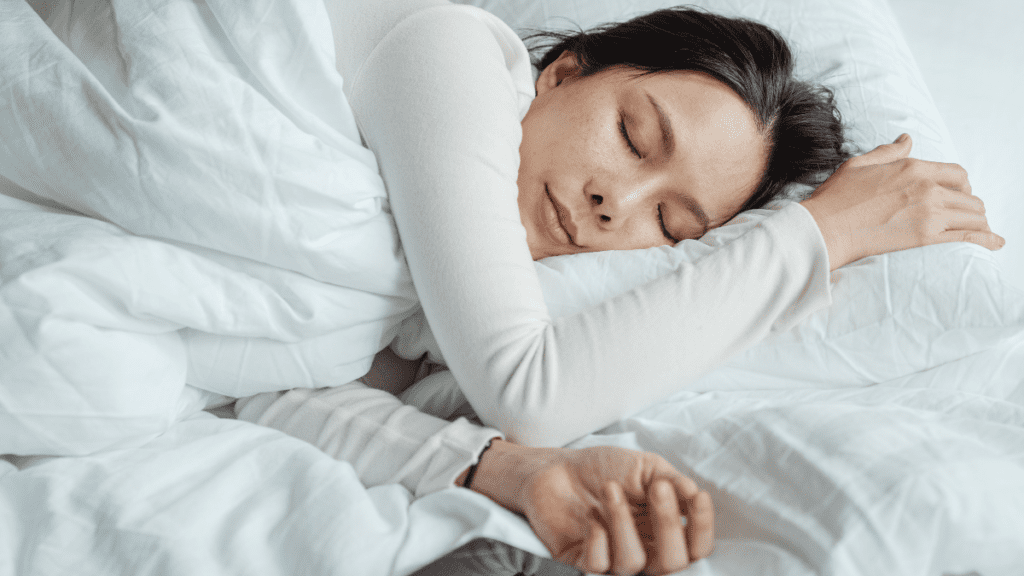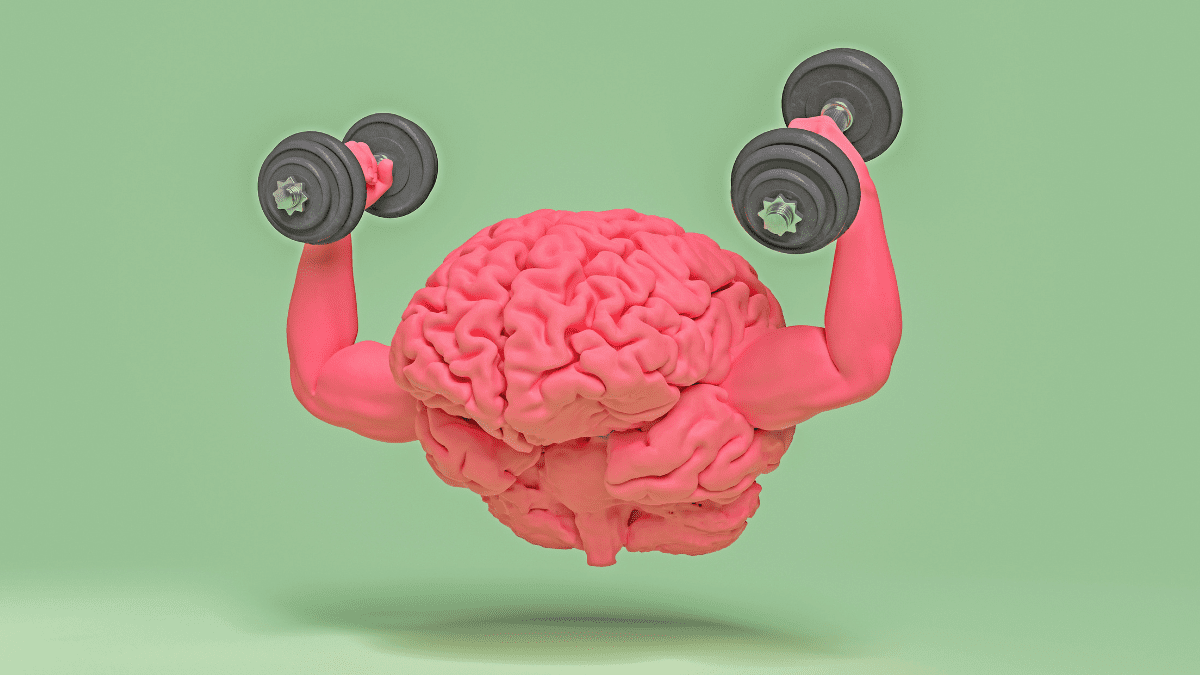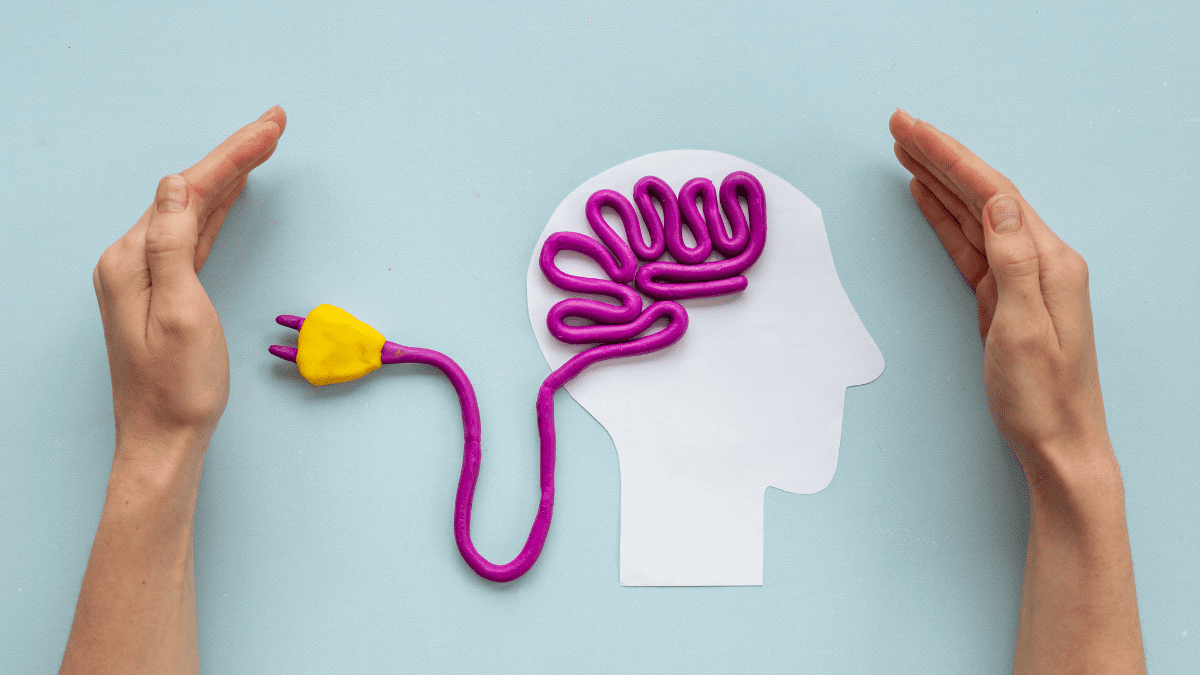Remedies for Sleep Deprivation: Reclaim Rest Now
Remedies for sleep deprivation reveal how to silence your mind, restore deep rest, and break the burnout cycle—unlock the power to reclaim sleep and feel alive again.

In This Article
- Why Remedies for Sleep Deprivation Matter More Than Ever
- What Causes Sleep Deprivation in Modern Life?
- Natural Remedies for Sleep Deprivation That Really Work
- Mind-Body Remedies for Sleep Deprivation
- Lifestyle Remedies for Sleep Deprivation You Can Start Today
- Emotional and Psychological Remedies for Sleep Deprivation
- Emotional and Psychological Remedies for Sleep Deprivation
- Conclusion
- Remedies for Sleep Deprivation — FAQ
Why Remedies for Sleep Deprivation Matter More Than Ever
Sleep is no longer a luxury—it’s survival. Yet millions silently suffer, pushing through exhaustion while their bodies beg for rest. The truth is, chronic tiredness can’t be ignored. It creeps into every part of life—your focus, mood, energy, and even your relationships. That’s why finding effective remedies for sleep deprivation isn’t just helpful—it’s essential. From your nervous system to your immune health, everything depends on how well you rest. Fortunately, the right strategies can transform your nights and restore your days.
In this guide, you’ll discover what’s really behind your sleep deprivation. Even more importantly, you’ll learn how to reclaim deep rest with natural remedies that work. From calming herbs to powerful sleep rituals, we’ll walk you through the best ways to heal your sleep, step by step.
If you’re ready to explore deeper rest through guided practices, you might also want to try this Yoga Nidra method for deep sleep.
So what’s truly stealing your sleep—and how can you take it back? Let’s begin.
What Causes Sleep Deprivation in Modern Life?
How Do Stress and Overstimulation Sabotage Sleep?
Stress has become a constant part of daily life. It increases alertness and keeps the nervous system activated. As a result, it becomes harder to fall asleep or stay asleep. Overstimulation, especially from screens, worsens the issue. Blue light delays melatonin production. Consequently, the mind stays active long after bedtime. Over time, this leads to chronic restlessness and fragmented sleep.
Can Irregular Routines Create Chronic Sleep Debt?
Inconsistent sleep patterns confuse the body’s internal clock. If you go to bed and wake up at different times each day, your circadian rhythm suffers. This confusion makes it harder to fall asleep naturally. Over time, you may build up sleep debt. Even short-term sleep loss can add up. Eventually, it drains your energy, focus, and resilience.
Is Your Diet Silently Disrupting Your Rest?
What you eat throughout the day affects how well you sleep at night. Foods high in sugar or processed ingredients can disturb your rest. Even healthy food, if eaten too close to bedtime, may cause discomfort or spikes in energy. Stimulants like caffeine and nicotine stay in your system longer than you think. They keep your body alert and your mind racing. Even alcohol, though sedating at first, disrupts deep sleep. Small changes in diet can make a big difference.

Natural Remedies for Sleep Deprivation That Really Work
Which Herbal Remedies Actually Promote Deep Sleep?
Herbal remedies are a powerful place to begin. Valerian root has long been used to help people fall asleep faster and stay asleep longer. Chamomile is another gentle option. Often taken as a tea, it relaxes the nervous system and prepares the mind for rest. Ashwagandha, an adaptogenic herb, works by lowering cortisol levels. As stress decreases, sleep becomes easier and more restorative.
Can Aromatherapy Offer Quick Relief from Sleep Struggles?
Essential oils can calm the body and mind in minutes. Lavender oil is especially known for reducing anxiety and improving sleep quality. It works best when diffused before bed or applied to pulse points. Cedarwood has grounding properties that promote a deeper sense of stillness. Bergamot, although citrus-based, has a calming effect and supports emotional balance. Together, these oils offer simple, fast-acting support.
How Effective Are Magnesium and Melatonin Supplements?
Magnesium is a vital mineral for nervous system health. It helps the brain relax and supports the production of melatonin. Many people with sleep problems are unknowingly deficient. Melatonin supplements are also widely used, especially for regulating the sleep-wake cycle. They’re most effective when used short-term or during periods of change, like jet lag. However, they work best when paired with a consistent bedtime routine.
Mind-Body Remedies for Sleep Deprivation
Can Mindfulness Stop the Cycle of Sleepless Thoughts?
Sleep deprivation often begins in the mind. Racing thoughts, worries, and unfinished to-do lists keep the brain alert. However, mindfulness offers a powerful way to interrupt this pattern. By shifting attention to the present moment, the mind naturally starts to slow down. Instead of trying to suppress your thoughts, mindfulness allows you to observe them with distance. This simple shift reduces emotional reactivity and eases mental tension.
Even a few minutes of mindfulness before bed can make a noticeable difference. Over time, regular practice helps rewire the brain’s response to stress. As a result, falling asleep becomes less of a struggle and more of a natural transition. It’s not just about relaxation—it’s about retraining your mind to let go.
Is Yoga Nidra a Hidden Remedy for Sleep Deprivation?
While many have heard of meditation, few know the power of Yoga Nidra. This unique form of guided rest takes you into a deep state between wakefulness and sleep. You don’t need to focus or sit up straight. Instead, you lie down, listen, and follow the voice. Because the guidance is structured, your mind can settle without effort.
Each session moves through breath awareness, body scanning, and visual imagery. These techniques work together to quiet the nervous system. Unlike traditional sleep, where the mind wanders, Yoga Nidra helps you remain gently aware. That conscious rest can restore energy, relieve tension, and prepare you for better sleep at night. When used consistently, it becomes one of the most soothing remedies for sleep deprivation.
How Does Breathwork Calm an Overstimulated System?
Another underrated yet highly effective remedy is breathwork. When your breathing slows, your heart rate follows—and with it, your stress levels drop. This physiological response activates the parasympathetic nervous system, signaling the body that it’s safe to relax. As a result, muscles loosen, and mental chatter fades.
Breathwork techniques are simple but impactful. You might try the 4-7-8 method, where you inhale for four seconds, hold for seven, and exhale for eight. Or, practice box breathing by inhaling, holding, exhaling, and holding again—all for four counts each. These patterns are easy to learn and require no tools. More importantly, they deliver results almost immediately.
When practiced regularly, breathwork helps break the habit of shallow, anxious breathing. Over time, your body learns to shift into calm more easily—making it a reliable tool to combat sleep deprivation from within.

Lifestyle Remedies for Sleep Deprivation You Can Start Today
How Does Daily Movement Improve Sleep Naturally?
Regular movement helps the body regulate its natural rhythms. When you exercise, your body temperature rises. Later, it drops—helping signal that it’s time to rest. Additionally, physical activity reduces cortisol, the stress hormone that can block deep sleep. While intense workouts may energize you too much before bed, gentle movement like yoga or walking can calm the nervous system. Even 20 minutes a day can make a meaningful difference.
Why Is a Consistent Sleep Schedule So Powerful?
Your body thrives on rhythm. Going to bed and waking up at the same time each day trains your internal clock. As a result, you begin to feel sleepy more naturally. Over time, your body learns when to wind down. Skipping this step—even on weekends—can undo your progress. It doesn’t have to be perfect, but even small changes in consistency can boost your sleep quality.
Can Simple Changes to Your Environment Fight Sleep Deprivation?
Your bedroom should support rest—not stimulation. Cool temperatures, quiet surroundings, and darkness all signal to your brain that it’s safe to sleep. Use blackout curtains if outside light is an issue. Consider white noise to block sudden sounds. Also, keeping your space tidy can reduce mental clutter. When your room feels calm, your mind tends to follow.
How Much Does Screen Time Really Matter?
The blue light from screens tricks your brain into staying alert. It suppresses melatonin, which delays your body’s natural sleep cycle. That’s why scrolling before bed often leads to tossing and turning. A digital wind-down routine can help. Try switching off devices at least one hour before sleep. Instead, read, journal, or stretch—anything that tells your body it’s time to let go.
Emotional and Psychological Remedies for Sleep Deprivation
Can Cognitive Shifts Help Reverse Sleep Deprivation?
Your thoughts don’t turn off just because the lights do. Worry, overthinking, and fear of not sleeping can create a mental loop. Over time, this pattern builds resistance to rest. However, identifying these patterns can help you break them. When you shift your mindset around sleep, your body often follows. Replacing anxious self-talk with calm, reassuring thoughts is a small change with a big impact.
How Does Stress Management Support Better Sleep?
Stress keeps the nervous system in a constant state of alert. As a result, it becomes nearly impossible to relax at night. Breathwork, gentle movement, and visualization can reverse this tension. Creating time during the day to decompress also reduces how much you carry into bed. Over time, managing stress consistently can ease the mind and prepare the body for deeper rest.
Are Mindfulness Practices Reliable Remedies for Sleep Deprivation?
Mindfulness can be one of the most effective tools for reclaiming rest. By bringing your focus to the present moment, you stop fueling the anxious mind. Simple techniques like body scans, gratitude reflection, or focusing on your breath can anchor your awareness. As you practice more often, your mind learns to settle faster. Eventually, mindfulness becomes a trusted way to shift from wakefulness into sleep.
Can Journaling Before Bed Quiet a Busy Mind?
Writing helps release the thoughts that swirl in your head. By transferring your worries onto paper, you make space to relax. Journaling isn’t about solving every problem—it’s about creating distance from them. You might jot down tasks for tomorrow, reflect on the day, or simply write out what’s on your heart. As this becomes a ritual, your brain begins to associate journaling with winding down. It becomes a gentle bridge between the day and the rest you deserve.
Emotional and Psychological Remedies for Sleep Deprivation
Can Cognitive Shifts Help Reverse Sleep Deprivation?
For many people, the mind doesn’t stop when the lights go off. In fact, worries often grow louder in the dark. Overthinking creates a mental loop that keeps your body tense. As a result, falling asleep becomes harder each night. However, shifting your mindset can help. By replacing anxious thoughts with calm, supportive ones, you allow your nervous system to relax. Over time, this mental shift makes sleep feel more natural and less forced.
How Does Stress Management Support Better Sleep?
Stress is one of the biggest obstacles to restful sleep. When the body stays in fight-or-flight mode, it cannot fully relax. Fortunately, there are simple ways to manage it. Daily stress relief—even in small amounts—can ease nighttime anxiety. For example, breathwork, light movement, or quiet reflection can make a big impact. These practices reduce cortisol levels and create space for rest. As you stay consistent, your mind begins to expect and welcome this wind-down period.
Are Mindfulness Practices Reliable Remedies for Sleep Deprivation?
Yes, they are. Mindfulness trains your attention to stay in the present moment. This is especially helpful at night, when thoughts tend to drift toward worry. Simple tools like a body scan or breath awareness guide you away from mental noise. In the beginning, this might feel unfamiliar. But with repetition, your brain starts to respond differently. It shifts into calm more quickly, allowing sleep to follow more easily.
Can Journaling Before Bed Quiet a Busy Mind?
Absolutely. Journaling gives your thoughts a place to go. Instead of carrying mental clutter into bed, you write it out. This helps you process your emotions and release tension. It doesn’t have to be perfect—just honest. You might reflect on your day or plan for tomorrow. Eventually, your brain begins to associate journaling with closure. As a result, you’re able to unwind faster and sleep deeper.
Conclusion
Sleep deprivation doesn’t have to control your life. Although it may feel overwhelming, there are practical, proven ways to reclaim your rest. From natural remedies to lifestyle changes, each step brings you closer to balance.
First, identify the root causes. Stress, poor habits, and emotional overload often go unnoticed—but they build up over time. Once you know what’s affecting your sleep, you can start making simple, targeted changes.
Fortunately, there are many accessible options. Mind-body techniques like mindfulness and Yoga Nidra calm the nervous system. Meanwhile, small adjustments to your environment and routine support better sleep hygiene. Even your diet and thoughts can shift your sleep for the better.
Of course, consistency matters. Results may not appear overnight. But if you stay committed—even to just one or two new habits—you’ll begin to notice subtle shifts. Eventually, those shifts lead to deeper sleep and brighter mornings.
You don’t need to do everything at once. Just start with one remedy that resonates. Add another when you’re ready. With time, your body will remember how to rest.
So tonight, choose rest. Choose calm. Choose to take back your nights, one breath at a time.
Remedies for Sleep Deprivation — FAQ
How long does it take for remedies for sleep deprivation to work?
That depends on the remedy and your consistency. Some methods, like breathwork or journaling, may help right away. Others, like changing routines or using herbal remedies, may take a few weeks. Stay patient and give your body time to adjust.
Are natural remedies for sleep deprivation safe to use every night?
Yes, most natural remedies are gentle and safe. Herbal teas, mindfulness, and breathwork can be used daily. However, it’s always best to start slowly. If you’re unsure or taking medication, consult a healthcare provider first.
Can remedies for sleep deprivation replace sleep medication?
In many cases, yes. With time, natural methods can reduce or even eliminate the need for medication. However, never stop prescribed treatment without medical advice. Instead, introduce remedies gradually and track your progress carefully.







